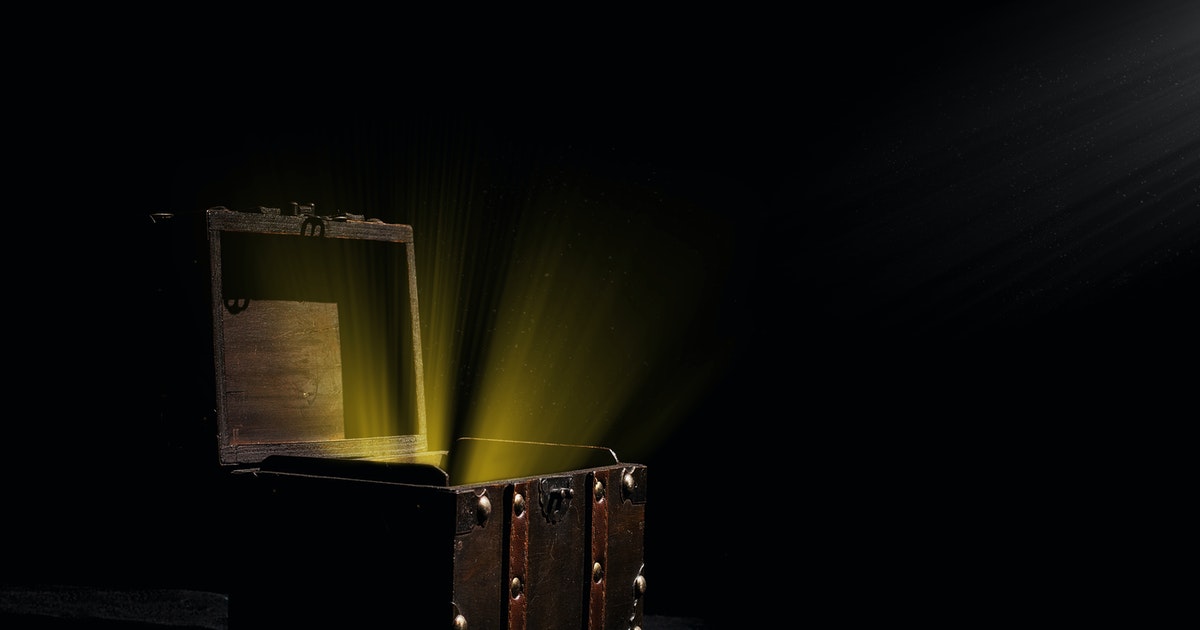
19 ‘Do not store up for yourselves treasures on earth, where moths and vermin destroy, and where thieves break in and steal. 20 But store up for yourselves treasures in heaven, where moths and vermin do not destroy, and where thieves do not break in and steal. 21 For where your treasure is, there your heart will be also. 22 ‘The eye is the lamp of the body. If your eyes are healthy, your whole body will be full of light. 23 But if your eyes are unhealthy, your whole body will be full of darkness. If then the light within you is darkness, how great is that darkness! 24 ‘No one can serve two masters. Either you will hate the one and love the other, or you will be devoted to the one and despise the other. You cannot serve both God and money.
Matthew 6:19-24
In the financial context, Jesus sums up the crux of the problem in Matt 6:19-24. There are two types of treasure; one in the next life and one in this life. Each is stored in a separate place; heaven or earth. And each is represented by a different master; God or Mammon.
It is impossible to serve both so we have to choose which master we serve and where our treasure is stored – for there our hearts will be also.
This is hardly an even contest. God is Love and the source of all good in this world while Mammon, a cruel master, the love of which is the root from which all evil stems. And yet, it is Mammon’s lure that we follow. Rich or poor, we are captivated by our need for money and whether we admit it to ourselves or not, money is what drives us out of bed and off to work each day.
It is the promise of riches, or even just making rent for the month, that captivates us and keeps us in Mammon’s clutches. However, the sad reality is that there is never quite enough. No matter how much we already have, we always need just a little bit more – and then we will be satisfied. We literally spend our lives chasing the pot of gold at the end of that rainbow, Mammon.
How does this keep happening? Mammon preys on our basest instincts:
- Greed
- Fear and
- Envy/Covetousness
Greed
Otherwise known as desire represents
- the things we want
- the things we think we need
- the things we can’t live without
Fear
Fear, or insecurity is the second string in Mammon’s bow. Mainly, we fear losing what we already have. It is this fear that keeps us chasing the next increase or the next promotion. As prices continue to rise, we need to earn more money to keep up. So we avoid taking risks and, above all, do nothing to jeopardize what we already have.
Envy
Envy keeps us comparing ourselves to others. Usually the ‘others’ are our peers or those we deem more fortunate than ourselves. The only time we tend to compare ourselves to anyone less fortunate is in the context of fear, as already discussed.
It is envy that drives our fears and desires; fear of losing what we have and being looked down on by our peers or desire to acquire more and become like those to people to whom we aspire.
Choosing the Right Master
When we address these areas of our lives, we redress the imbalance. We break the power of Mammon and the love of money in our lives and we put ourselves in a position where we can serve God, our one true master.
So what then of Mammon? When God is our master, it’s not as if money magically disappears from our lives. It remains very much a part of our day-to-day existence. There is a fundamental difference, however. By choosing God as our master, we reduce money to its rightful place in our lives. A mere resource; something to be used as God directs. In this new hierarchy, God is the master. We are his stewards, managing the resources with which he has entrusted us. And money is forced to do our bidding, aiding us, as we follow God’s plan for our lives.
In a weird twist of spiritual cause and effect, when this happens we make money, or Mammon, our servant rather than our master. But here’s the rub. When you make Mammon your servant rather than let it be your master, you actually unleash the power to create true wealth!
When you eradicate greed and desire, your spending habits will change and it becomes easier to save money.
When you shackle your fear, you are more open to risking your money in investments – and from each investment, you will learn to make even better investments in the future.
When you root covetousness out of your life, the power of both greed and fear begin to diminish and you free yourself to walk in God’s plan for your life rather than concerning yourself with what other people do or think.
